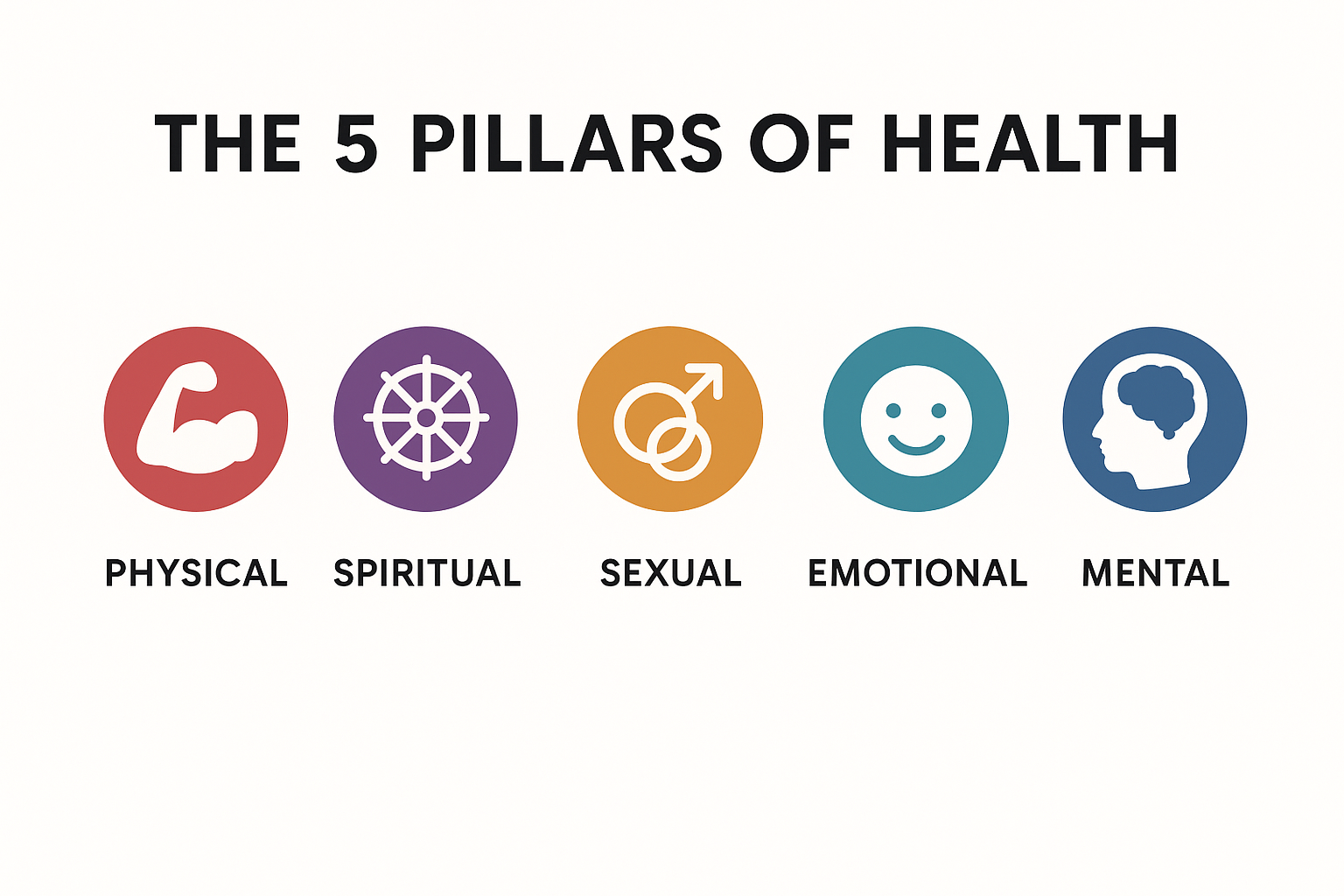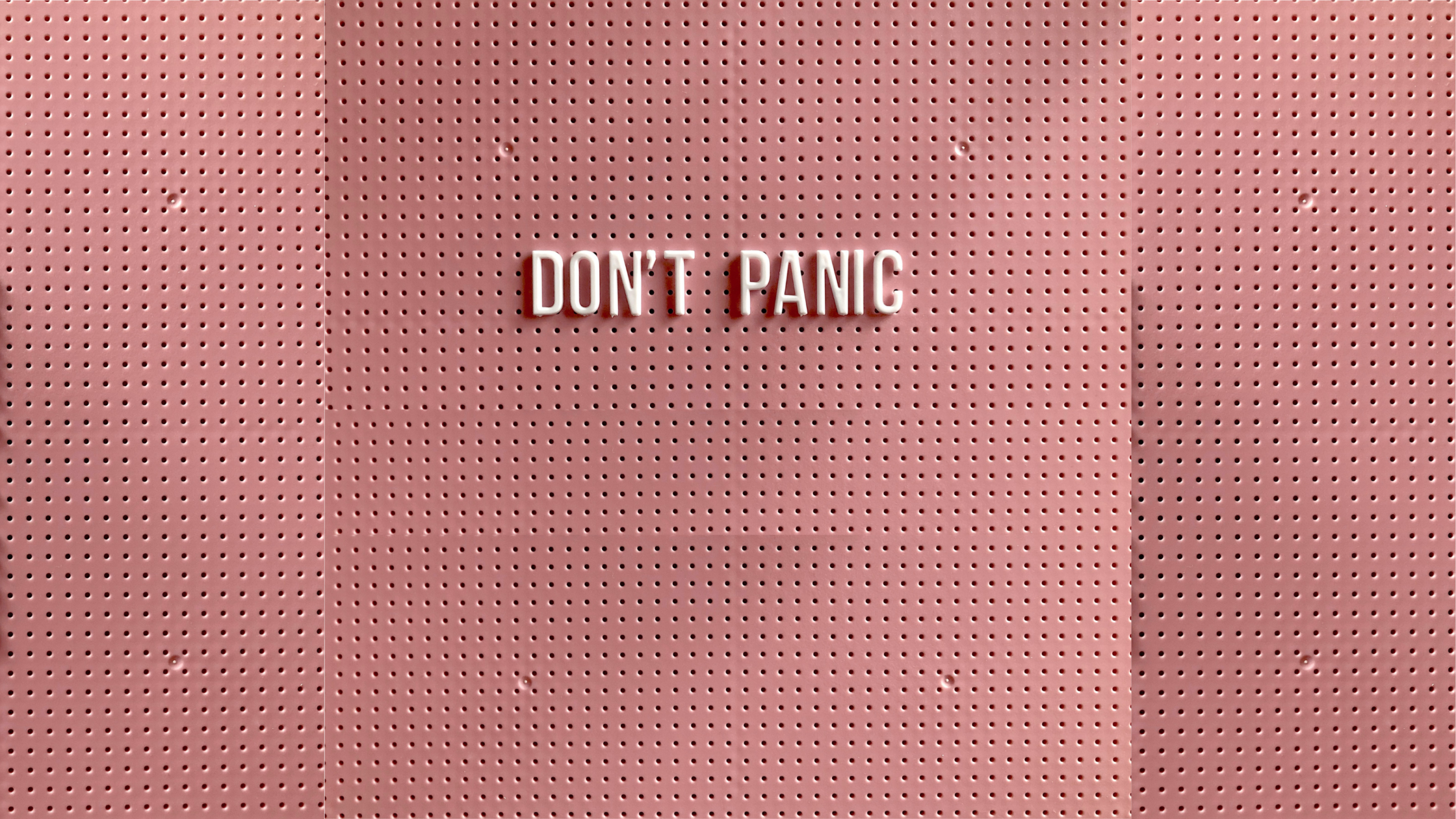Breaking the Silence in Medicine and Beyond
I often ask myself: Why is there still so much stigma around mental health?
As a doctor, I’ve had to learn how to walk a careful line with patients—bringing up concerns about stress, anxiety, or depression without triggering discomfort, defensiveness, or shame. Yet mental health impacts so many aspects of our overall well-being. It’s not something extra we can choose to ignore. It’s fundamental.

Here’s a sobering fact: in 2023, suicide was the 11th leading cause of death in the United States, claiming over 49,000 lives. And while not everyone dealing with mental health challenges will consider suicide, many are quietly struggling. The effects ripple outward—physically, emotionally, spiritually.
Mental health concerns can be invisible but deeply disruptive:
Chronic stress elevates cortisol levels, which can contribute to weight gain and metabolic changes.
Panic attacks can mimic heart attacks, sending patients to the ER with chest pain and shortness of breath.
Depression can flatten motivation and make the simplest tasks feel insurmountable.

In my view, there are five pillars of health: physical, emotional, mental, spiritual, and sexual. They are interconnected—and when one pillar weakens, the entire foundation is at risk.
That’s why one of the most essential parts of my work is establishing open, honest, and judgment-free communication with my patients. I want people to feel safe enough to speak freely—not just about physical symptoms, but about the stress, sadness, or worry that might be hiding behind them.
And I’ll be honest: I haven’t always extended the same grace to myself.
You’d think with all my training, I’d be quick to recognize signs of mental health strain in my own life. But sometimes we’re so busy keeping it all together—or upholding an image of resilience—that we miss what’s right in front of us. I’ve had to learn, often through the encouragement of loved ones, to seek help—whether through therapy, medication, or both.
And I’m better for it.
Mental health care is just that: CARE
It’s not a failure or a weakness. It’s a responsible, courageous step toward living well.
So here’s what I want to encourage you to do:
- Talk to your provider. Mention your emotional and mental state just as you would a sore throat or abdominal pain.
- Drop the shame. You are not alone—and you are not broken.
- Prioritize the full picture. True health isn’t just about lab numbers or weight. It’s about wholeness.

Let’s move away from the idea that mental health is a side note. It deserves a central place in every conversation about wellness. Whether you’re a provider, a patient, or simply someone navigating the ups and downs of life—don’t let stigma be the barrier to getting the support you deserve.
You are worthy of full, holistic health—mind, body, and soul.





